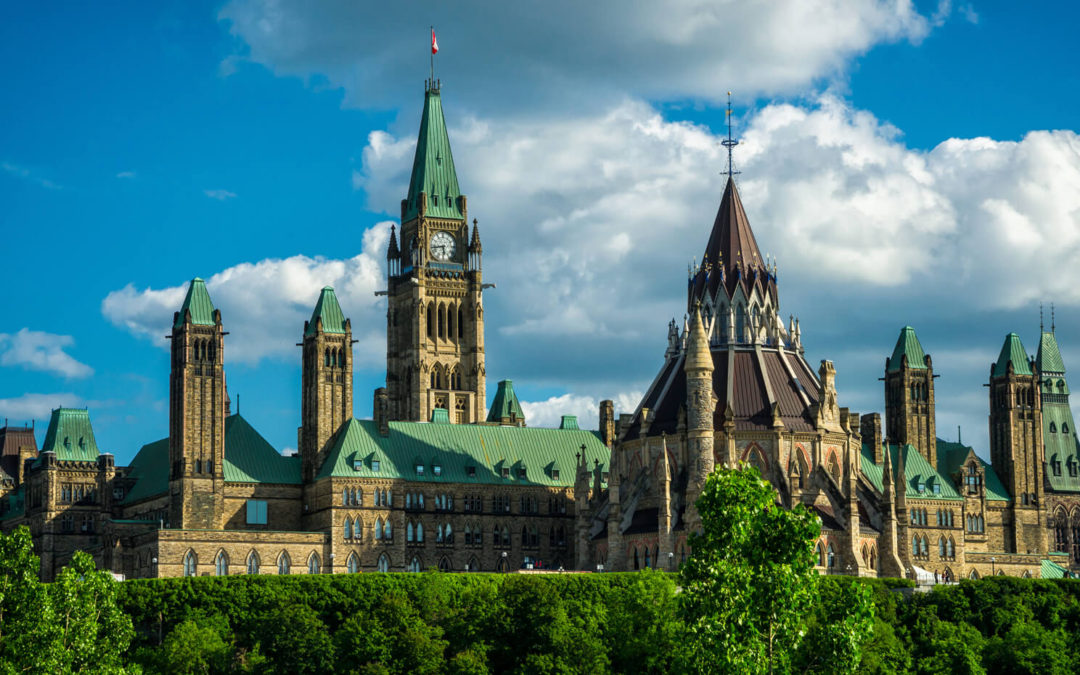Electoral reform is one of those weird subjects in Canadian politics, especially since 2015 when Justin Trudeau promised to end the ‘First Past The Post’ system of voting and make 2015 the last election under that system. Suffice to say, that never came to fruition and electoral reform was killed by the Trudeau government in the early months of 2017.
There are obvious reasons why the Liberals refused to actually go through with electoral reform and that’s the simple answer wherein they’d lose a significant amount of power as a party going forward and would almost certainly never obtain another majority government on their own. This tends to be the bane of electoral reform politics, a party promises it, wins an election in the traditional system and never follows through on the reform.
Call me an optimist and an idealist but I believe proportional representative democracy is still very much possible in Canadian politics. I have little doubt that if the NDP or the Greens were to become the governing party in Canada, or at least significant pedestals for a Liberal or Conservative minority government, that they’d push hard for proportional representative reform. But that’s not why I’m an optimist or an idealist on proportional representative democracy.
I’m a firm believer in the idea that our current electoral system is bad for the health of our democracy. First past the post gives us false majorities, allows a party to govern with a ‘mandate’ from less than 35% of the population and causes citizens to be dissuaded from voting their mind and hearts. Would proportional representation fix all our woes? Of course not, no system of governance likely will, there will always be drawbacks. Yet I say this, I want people to be able to vote the way they want to vote because they are voting for what best represents them and their ideals.
One of the most commonplace arguments against proportional representative reform is that we’ll be thrown into a litany of minority governments and nothing will ever get done in government. Simply put, look at what’s going on right now with our Covid-Minority government. It’s functioning well is it not? Despite the Liberals having a minority, political parties are still able to work together to put the needs of Canadians first. Sure, you can argue this is circumstantial and, to a degree, I’d agree with you. Yet plague upon us or not, political parties have their leaning preferences and that’s what opponents of proportional representative democracy must come to realize.
If we institute reform and allow for more minor parties to enter parliament and whittle down the established powers that be, our democracy will shift with it. We often think about a proportional representative democracy in terms of our current single member plurality system, where the Liberals and Tories would be dominant forces with the NDP, Greens and Bloc on the sidelines. Yet, one can look to internal fractures within parties to see why a change in electoral voting could dramatically change how our elections pan out.
I don’t need to explain to anyone the internal division between fiscal and social conservatives within the Conservative party, but I will point out that the Conservative party could, and probably would, simply fracture apart like the Progressive Conservatives did in the 1990’s. Liberals may very well do the same but in a different manner. There’s a strong ‘Anti-Tory’ coalition of left-leaning individuals in the Liberal party that might better align with the NDP but stay put because, electorally, it’s more efficient to vote Liberal to keep the Tories out (Traditionally speaking that is). If those portions of the party were suddenly free to vote to the left, the Liberals could, and probably would, diminish in their standing as well, not seeing a splitting of the party in two or three, but a siphoning away.
A parliament brought into perpetual minority situation is not exactly a bad thing. Many European nations are in perpetual minority situations and while some don’t handle it well, many do. Coalitional cooperation is needed in our democracy not only to bring change that Canadians want, but to instill greater democratic power in the people and to better hold corrupt politicians and parties to account where our current system fails. On top of that, while we may become more splintered in terms of party affiliations, we may very well come closer together as a nation, politically speaking, when we instill trust in our politicians to work together instead of standing in unending opposition.
I may be an optimist and an idealist, but I’m this way because I believe in the real possibilities that our nation can accomplish when we work together.

